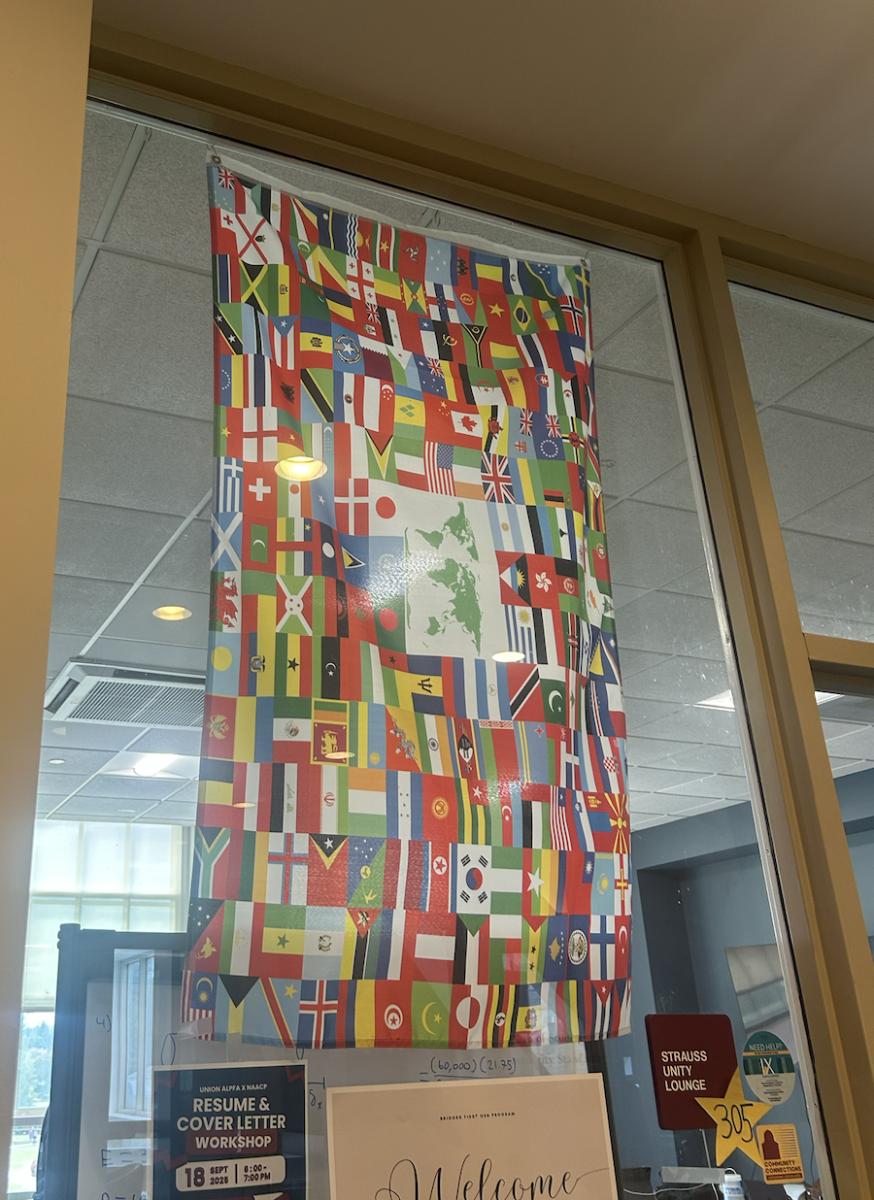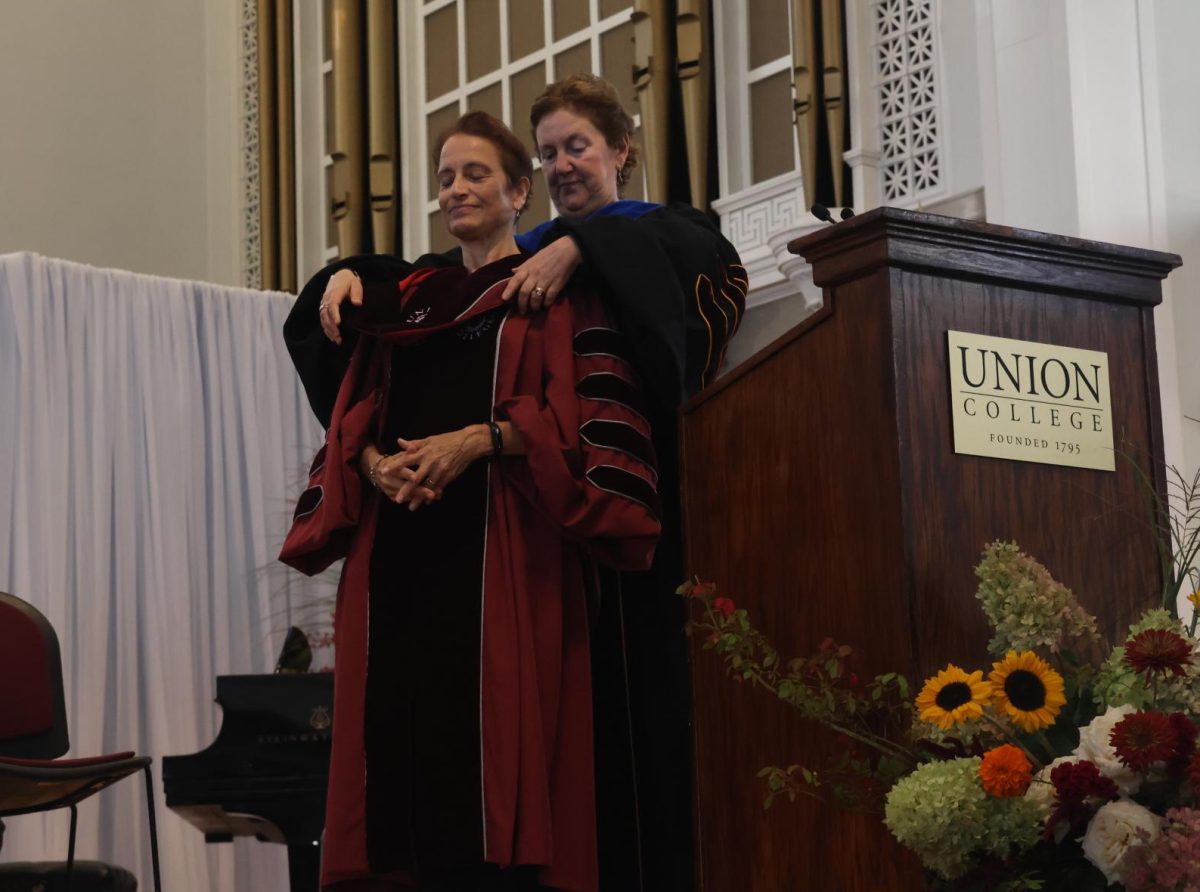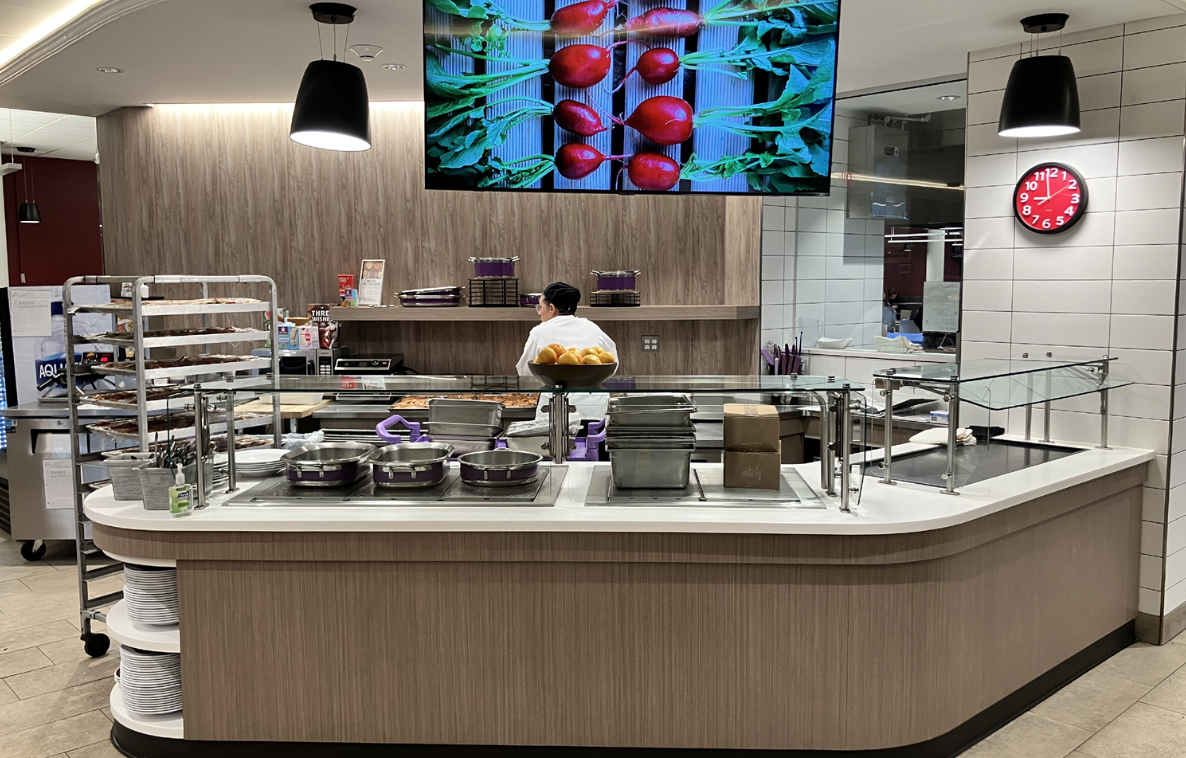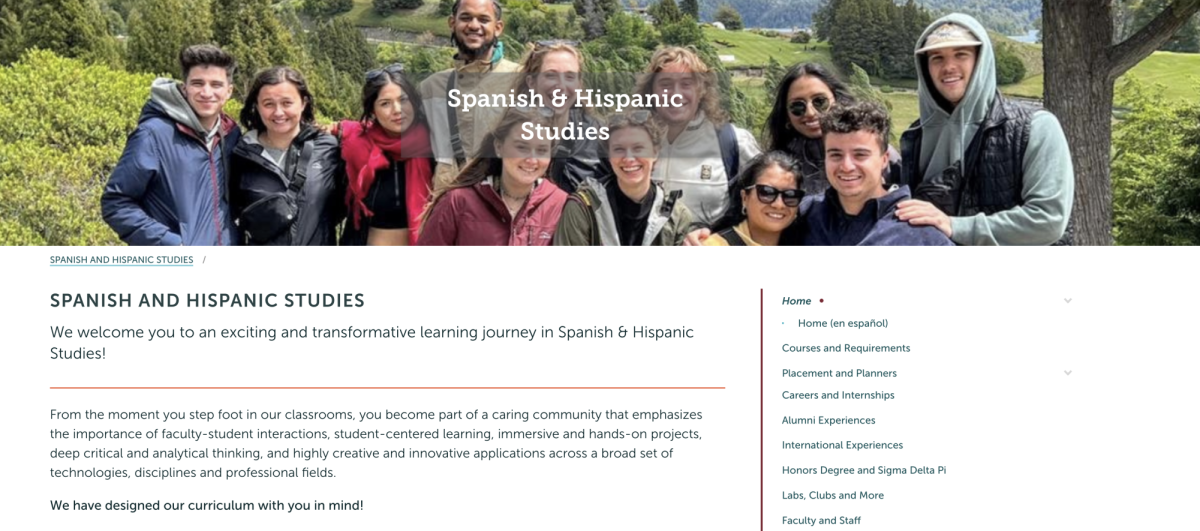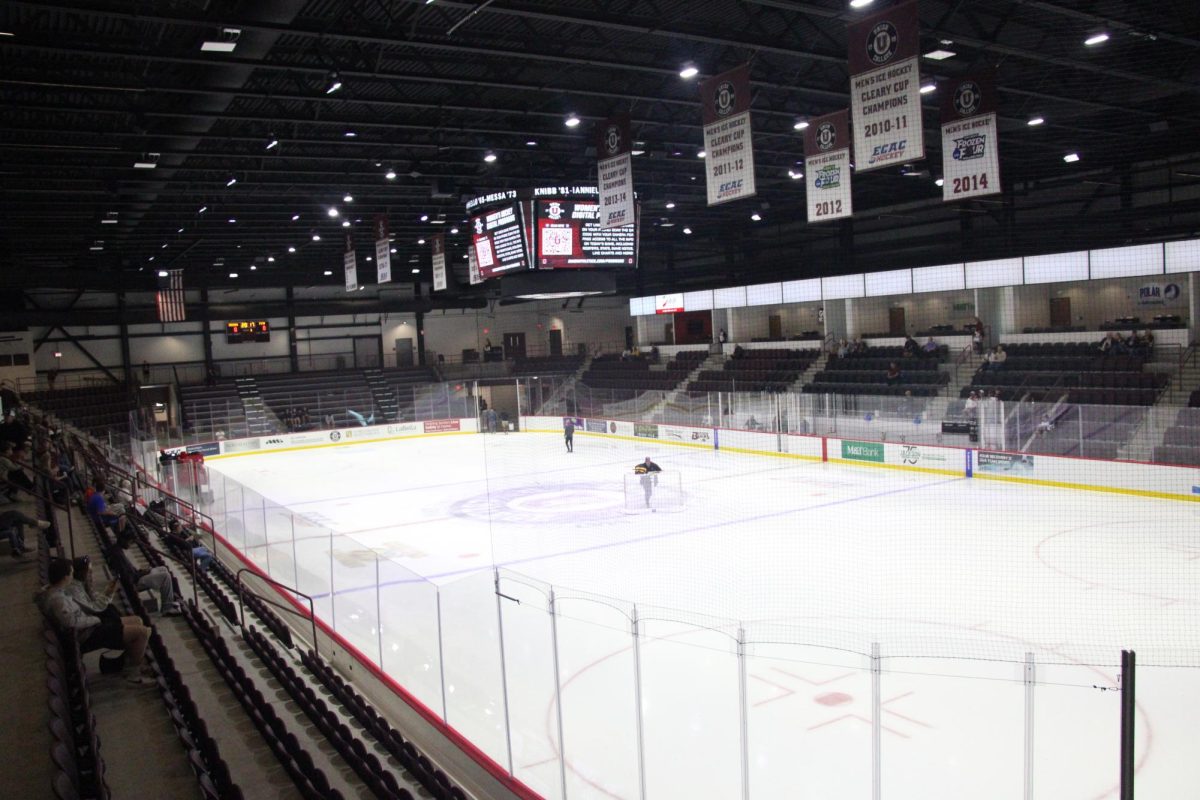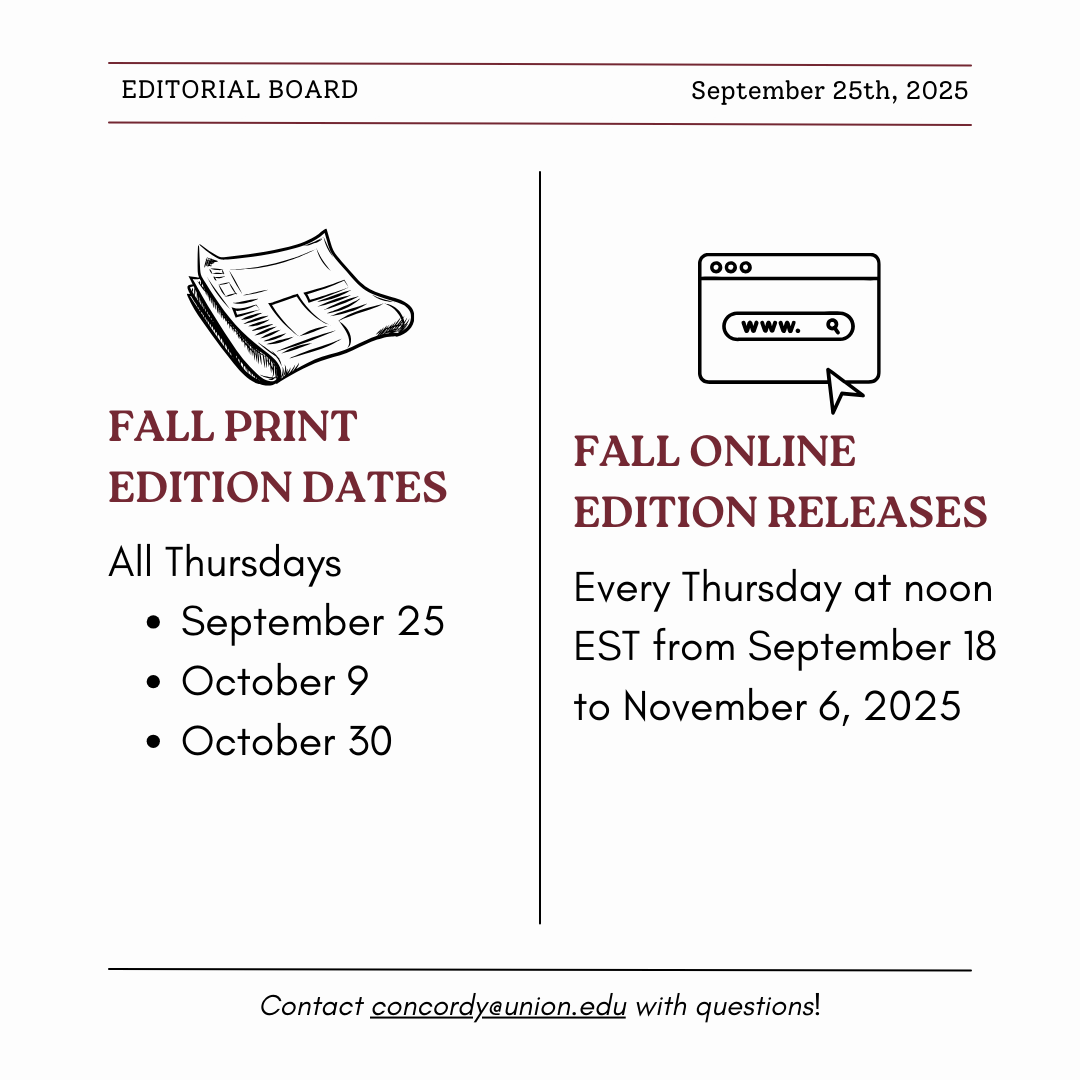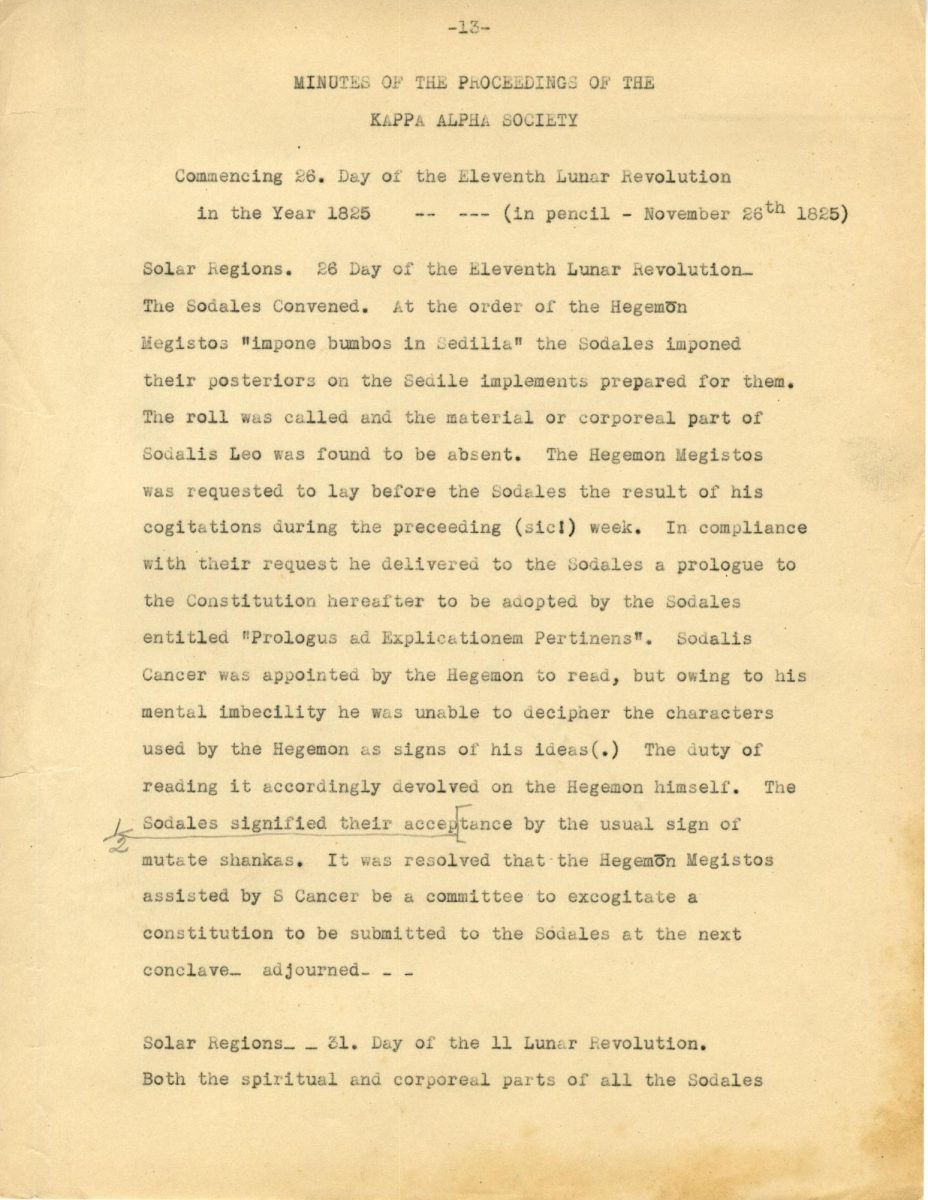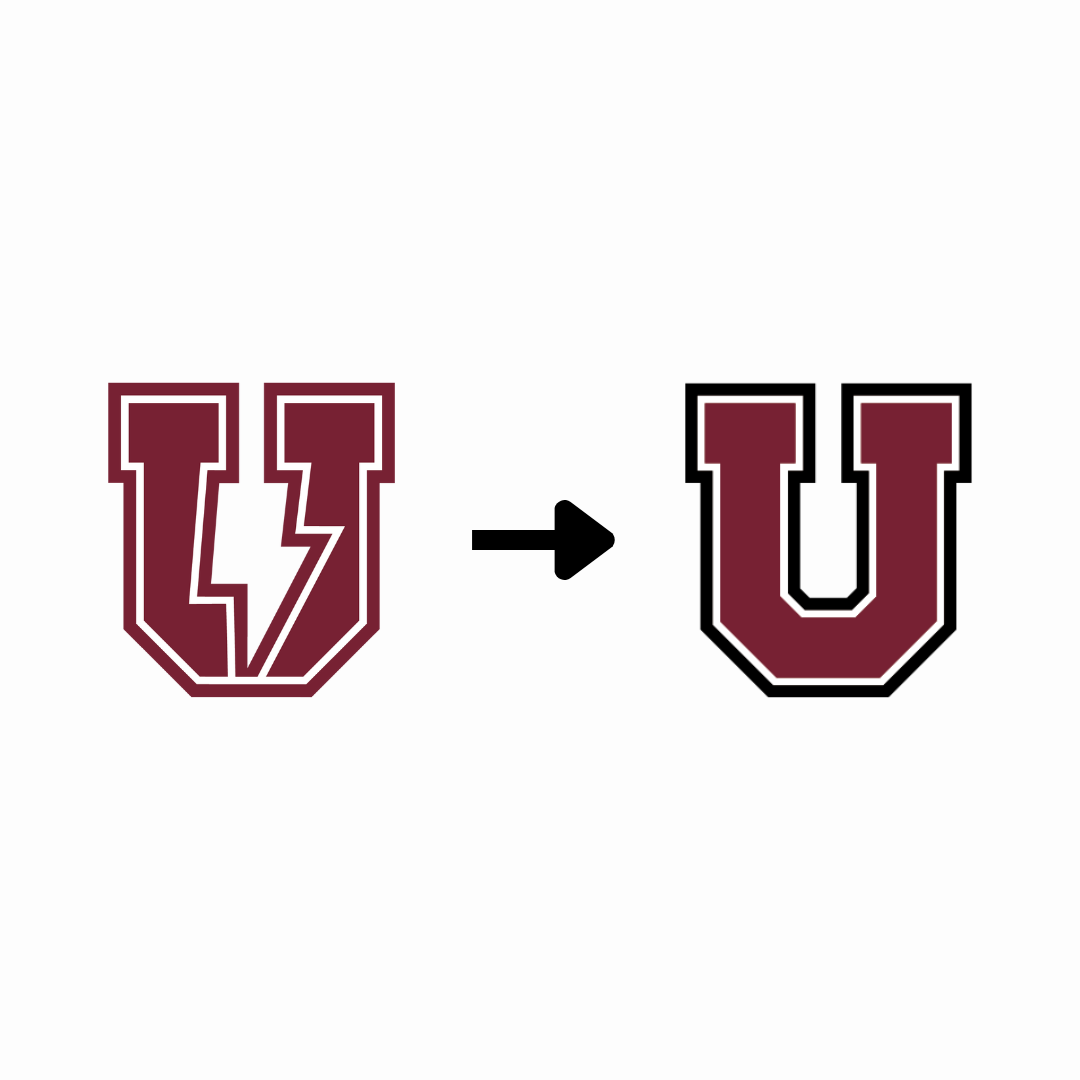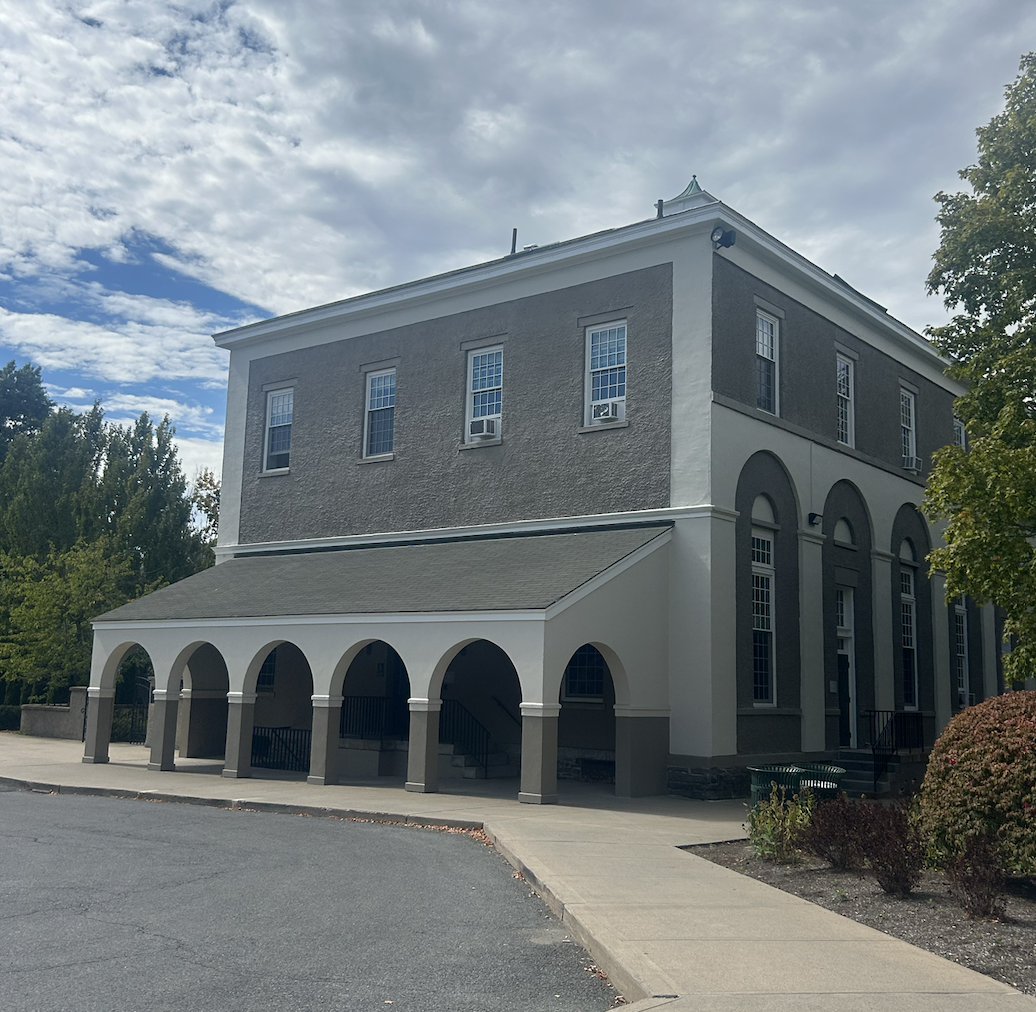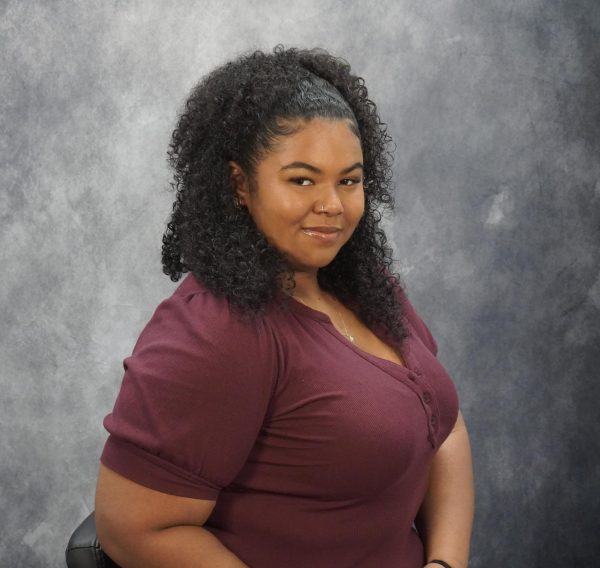The United States’ admittance of international students has tightened in the last academic year, with significant changes to visa programs making it more difficult to obtain and keep an F1 or J1 student visa. This impact has resulted in fewer international students enrolling at Union this fall, and current students feeling concerned about their immigration status.
Following a temporary pause in visa interview scheduling, the process was changed to include more thorough vetting of an applicant’s social media usage. Third-country visa interviews have become more selective, exclusive, and a record 6000 visa revocations took place in the last academic year, largely in response to student protests across America. The Trump administration has also enacted a full travel ban on 12 countries, meaning that no students from those countries can gain a US student visa.
Passed by the Trump Administration on July 8th, 2025, the visa bans and affected areas consist of nearly two dozen countries in Africa, Central and Southeast Asia, and the Middle East. Dean Robin Olinsky, the Dean of International Advising, recognized that “students have expressed concern about the impact of the policies on their ability to travel to the US and to complete their degree program,” furthering uncertainty for international students.
Since these changes, Union College has seen a 17% reduction in the number of international students on campus – there are 193 international students on campus this year, down from 235 international students in Fall 2024.
Dean Olinsky informed Concordiensis that the college had “several students impacted by changes in immigration policies,” and that some students were unable to enroll at Union due to the “travel ban, visa denials, visa processing time that took longer than anticipated, and limited visa interview availability.” She stated that the “largest contributing factor” to the lower rate of international student enrollment is “US immigration policies.”
Many international students felt uncomfortable traveling to their home countries over the summer due to visa concerns. Unlike in previous years, many were given three months before they had to renew their visas, in comparison to the one-year visas that were originally awarded to international students.
“One summer was not worth losing everything my parents worked for,” said one international student.
With much still to come in the way of both immigration and travel policy, as well as the school’s own approach to international student relations, many look to a new school administration under President Kiss as a remedy to this latest threat to Union College and the greater complex of higher education in America.


